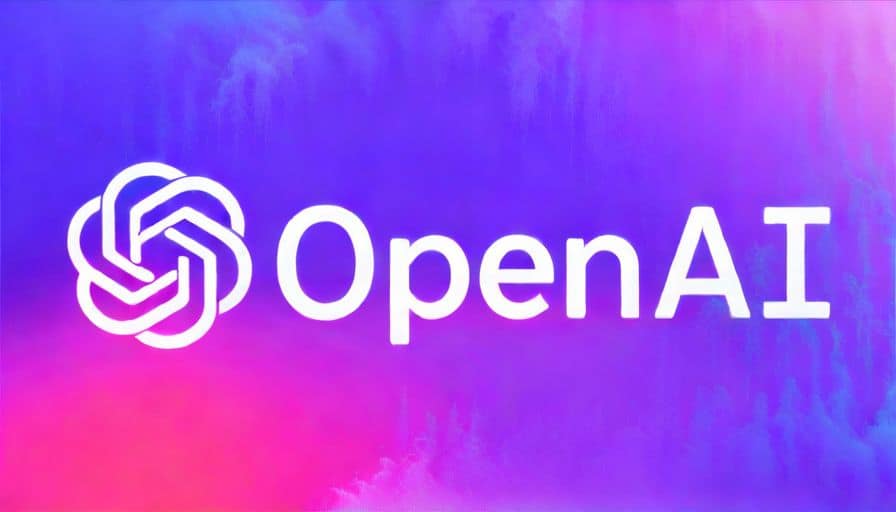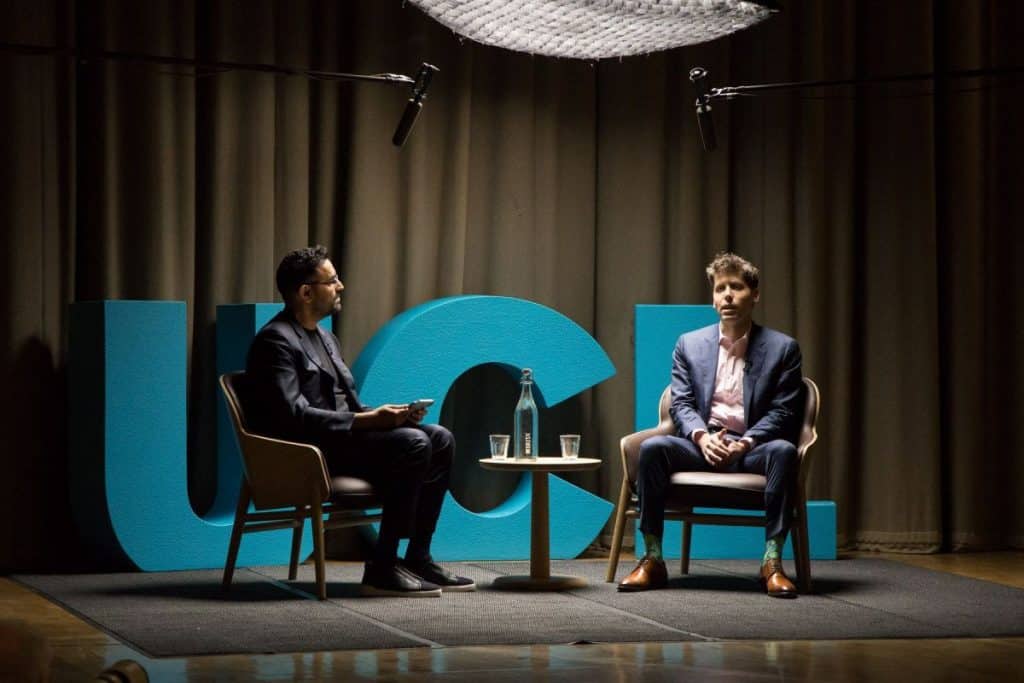OpenAI recently shared its plans for the near future in an interview with developers. The conversation, led by Sam Altman, shed light on several intriguing updates and upcoming developments.
One of the primary challenges currently faced by OpenAI is an acute shortage of Graphics Processing Units (GPUs), which has created a bottleneck for their operations. This scarcity has resulted in delays in several short-term plans. Altman noted that in such situations, it is often the sellers of “shovels” who benefit most from the gold rush, referring to the hardware manufacturers.

OpenAI has laid out an ambitious roadmap of services for the remainder of this year. First and foremost is the aim to release a cheaper and faster iteration of their language model, GPT-4. This improved version will provide users with enhanced performance and efficiency.
Another exciting development on the horizon is the potential enlargement of the context window in GPT-4. OpenAI is exploring the possibility of increasing the context window size to a staggering 1 million tokens. This expanded context window will allow for more comprehensive understanding and generation of text, further pushing the boundaries of natural language processing.
OpenAI also plans to introduce an Application Programming Interface (API) for model finetuning. This API will enable developers to customize and fine-tune the models according to their specific needs, opening up new avenues for innovation and tailoring the AI capabilities to individual requirements.

OpenAI is working on a Stateful API, which would provide a “memory” feature for dialogue history. This means that GPT models will be able to retain the conversation context, avoiding the need to process the entire chat history and consume tokens with each interaction. This improvement will enhance the efficiency and user experience of conversational AI.
Altman mentioned that the much-anticipated multimodality feature of GPT-4 is being postponed until next year due to the ongoing GPU shortage. Multimodality refers to the ability of AI models to understand and generate text along with other modalities like images or videos, enriching the overall user experience.
Regarding ChatGPT plugins, Altman noted that they have yet to find a product-market fit and, therefore, are not currently planned to be included in the API in the near future. OpenAI remains focused on positioning ChatGPT as a smart assistant for work-related tasks. They envision third-party developers taking the lead in exploring and expanding the use cases for other GPT models.
OpenAI has also reassured users and developers that they will not replicate successful products built on their API. Instead, they aim to empower developers to create unique and innovative solutions, with ChatGPT serving as a valuable tool in the workplace.
As OpenAI continues to navigate challenges and innovate in the field of artificial intelligence, their commitment to improving language models and empowering developers remains steadfast. The upcoming releases and enhancements outlined in their roadmap promise exciting possibilities for the AI community and beyond.
- OpenAI has achieved a significant milestone, with its website reaching 1 billion visitors and the ChatGPT app gaining half a million downloads. The ChatGPT model has shown impressive predictions and ethical alignment, and developers are creating plugins to enhance its functionality.
Read more about AI:
Read More: mpost.io









 Bitcoin
Bitcoin  Ethereum
Ethereum  Tether
Tether  XRP
XRP  Solana
Solana  USDC
USDC  Dogecoin
Dogecoin  TRON
TRON  Cardano
Cardano  Lido Staked Ether
Lido Staked Ether  Wrapped Bitcoin
Wrapped Bitcoin  Hyperliquid
Hyperliquid  Sui
Sui  Wrapped stETH
Wrapped stETH  Chainlink
Chainlink  Avalanche
Avalanche  Stellar
Stellar  Bitcoin Cash
Bitcoin Cash  LEO Token
LEO Token  Toncoin
Toncoin  Shiba Inu
Shiba Inu  USDS
USDS  Hedera
Hedera  WETH
WETH  Litecoin
Litecoin  Wrapped eETH
Wrapped eETH  Polkadot
Polkadot  Monero
Monero  Binance Bridged USDT (BNB Smart Chain)
Binance Bridged USDT (BNB Smart Chain)  Bitget Token
Bitget Token  Ethena USDe
Ethena USDe  Pepe
Pepe  Pi Network
Pi Network  Coinbase Wrapped BTC
Coinbase Wrapped BTC  WhiteBIT Coin
WhiteBIT Coin  Dai
Dai  Aave
Aave  Uniswap
Uniswap  Bittensor
Bittensor  Ethena Staked USDe
Ethena Staked USDe  Cronos
Cronos  OKB
OKB  Aptos
Aptos  NEAR Protocol
NEAR Protocol  Jito Staked SOL
Jito Staked SOL  BlackRock USD Institutional Digital Liquidity Fund
BlackRock USD Institutional Digital Liquidity Fund  Internet Computer
Internet Computer  Ondo
Ondo  Ethereum Classic
Ethereum Classic